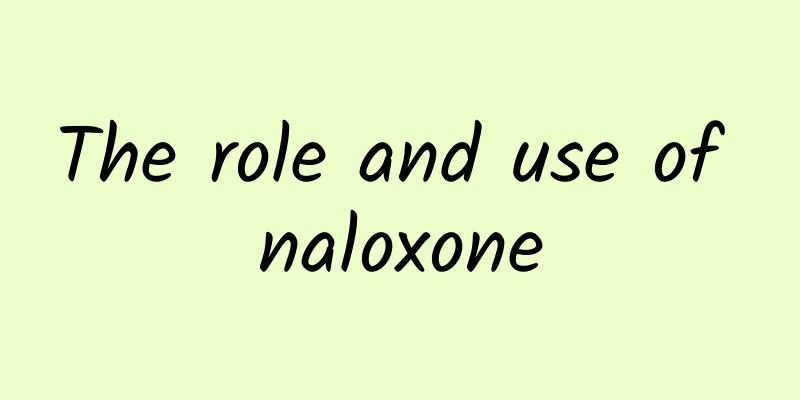Why is my appetite decreasing?

|
Your diet is usually normal, but if your appetite suddenly decreases, you should pay attention to it. There are many reasons for this, such as bad mental state and depression, which often lead to poor appetite. In addition, excessive physical or mental labor can also easily lead to such a situation. Overeating can often lead to decreased gastrointestinal function and easily lead to a decrease in appetite. Of course, there are also some disease-related reasons, so you should also be vigilant about such reasons. Why is my appetite decreasing? 1. Excessive physical or mental labor It will cause insufficient blood supply to the stomach wall and insufficient gastric secretion, which will weaken the stomach's digestive function. 2. Unequal distribution of hunger and fullness. The stomach is often in a hungry state, which will cause damage to the gastric mucosa over time and lead to loss of appetite. 3. Emotional tension and excessive fatigue In today's fast-paced and competitive society, people are prone to insomnia, anxiety and other nervous emotions, which lead to dysfunction of gastric endocrine acid and cause loss of appetite. 4. Overeating causes the stomach to expand excessively If food stays in the stomach for too long, it may cause mucosal damage at best and gastric perforation at worst. 5. Excessive drinking and smoking Alcohol can damage the taste buds on the tongue that are responsible for taste, and can also directly damage the gastric mucosa. If you suffer from ulcers or chronic gastritis, excessive drinking will aggravate your condition and even cause perforation of the stomach and duodenum. The harm of smoke to the gastric mucosa is no less than that of drinking, and smoking can also cause chronic gastritis. 6. Raw and cold food Eating raw and cold food frequently, especially before going to bed, can easily lead to stomach cold, nausea, vomiting, and loss of appetite. 7. Drug factors Some chronic diseases require long-term medication, and long-term use of certain medications can lead to drug-induced taste disorders. Sometimes it is also related to the environment, psychological state, food processing, etc. 8. Eating too much before going to bed Eating too much at dinner will inevitably increase the burden on the gastrointestinal tract, disrupt gastric juice secretion, and easily lead to a loss of appetite. In addition, it can also lead to obesity, restless sleep, stones, diabetes, etc. 9. Exercise after a full meal Vigorous exercise within a short period of time after a full meal will cause gastric motility to increase, followed by gastric cramps, long-term stomach pain and discomfort, nausea and vomiting, loss of appetite, and may even cause gastric torsion. |
<<: Why can't I digest the food I've eaten?
Recommend
What is the cause of perianal pain?
Perianal pain may be caused by hemorrhoids. Both ...
What tests are needed for tinnitus? These five commonly used clinical
In clinical practice, the diagnosis of tinnitus r...
What kind of exercise is good for ankylosing spondylitis? Preventive measures should be taken seriously.
Ankylosing spondylitis is the most common disease...
Recurrent allergic purpura
Improper use of drugs, pathogen infection and oth...
Causes of weight loss
In today's society, due to the continuous imp...
Superficial atrophic gastritis
With the accelerated pace of life and irregular d...
What are the side effects of kidney-tonifying drugs?
Problems with the kidneys usually affect one'...
Can I take a bath after miscarriage? What Chinese medicine is good for conditioning
After a miscarriage, there are many things that f...
Can iodine cure cervicitis? Examination and treatment are the most important
Many women suffer from cervicitis. If severe cerv...
Effects of Ganoderma Lucidum Spore Oil Soft Capsules
I believe that many people know that Ganoderma lu...
What to do if you can't sleep due to gum pain
Swollen and painful gums are common in life. When...
How to adjust your eyesight
Teenagers are in the period of eye development. I...
What is back pain?
I often hear some white-collar workers complain a...
Is Meniere's syndrome fatal?
Suffering from Meniere's syndrome is somethin...
Can facial spasm be treated with acupuncture?
When we do an exercise excessively, muscle cramps...









